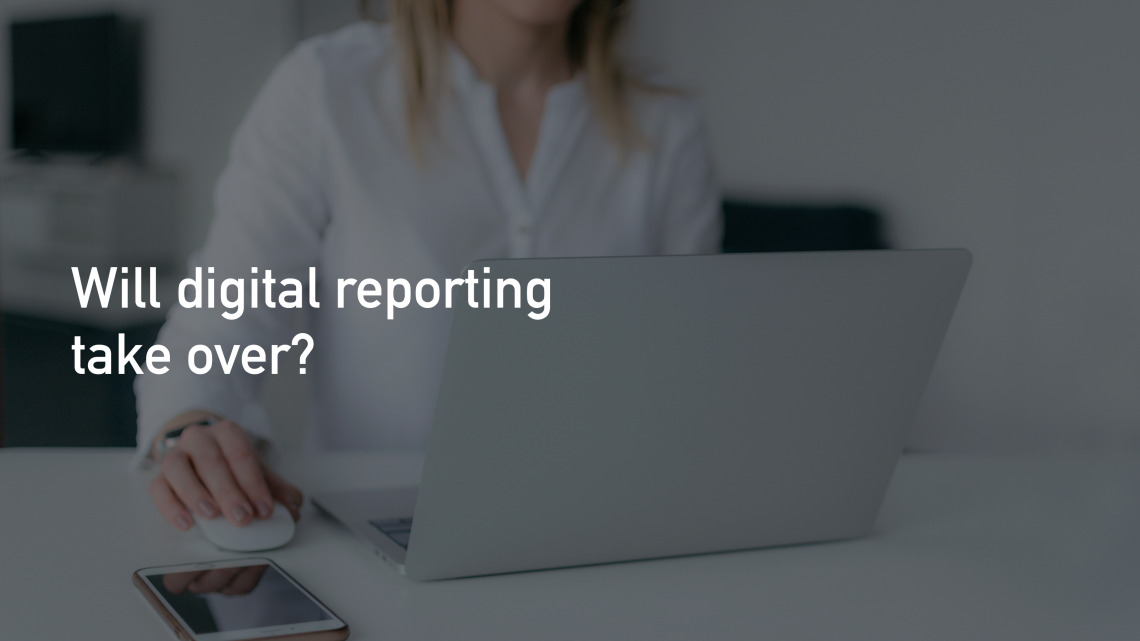
Over 20 years ago, the UK government introduced self-assessment for individual taxpayers. The concept was that individuals would prepare their own tax returns and HMRC would have the ability to challenge the amounts reported on these annual filings.
In the past ten years we have seen many changes. This article looks at the future of self-assessment from 1 January 2024.
Digital platform reporting
From 1st January 2024, online platforms, for example, Amazon and eBay, will be required to report the income earned by an individual on that platform on a calendar year basis to HMRC. The first filing is due by 31 January 2025.
The individual taxpayer will be given a statement from the digital platform stating the income earned, any fees or commission paid to the platform during the calendar year. The main intention of this reporting requirement and the subsequent statement is to assist the taxpayer in completing their own tax return and for HMRC to reduce the number of people evading their tax obligations.
Some wonder if this is the beginning of HMRC pre-populating an individual’s tax return and therefore, could it be the death of the self-assessment tax return as we know it?
Calendar year vs tax year reporting?
The usefulness of the annual statement is somewhat limited as it is prepared on a calendar year basis, whereas the UK tax year runs from 6 April to 5 April.
Historically it may have been possible to report your profits to HMRC on a calendar year basis if a self-employed individual chose a 31 December year-end. However, the recent basis period reforms dictate that from 2024, all unincorporated businesses will be taxed on the profits generated between the start and end of the tax year. Therefore, the option of reporting on a calendar year basis will no longer be an option.
This reporting on its own would therefore appear to have limited impact on any future changes to self-assessment.
Income vs profit?
HMRC may soon be receiving details of the income generated by an individual on a particular platform, however, this will not be the figure that will be subjected to tax.
The individual will still need to take deductions for expenses incurred such as the purchase of stock, equipment etc. In addition, the UK tax system provides several reliefs such as the trading allowance of £1,000, where a taxpayer can claim this as a deduction instead of actual expenses incurred.
While HMRC will have access to income derived by a seller on an online platform they do not have the ability to collate their expenses nor make claims on their behalf. Therefore, individual taxpayers will still need to have some level of involvement in the process. This would mean they would still need to make claims for any expenditure alongside other claims.
The future
The self-assessment regime as we know it, is likely to change, as HMRC increase the ability to collate income and gains from third parties. Notwithstanding this, it is unlikely that the self-assessment will be completely abolished and will still require the taxpayer’s input to ensure the correct amount of income is reported and tax is subsequently paid.
If you would like to discuss how to manage your self-assessment tax return moving forward, please get in touch with Daniel Tomassen.
We’d love to hear from you. To book an appointment or to find out more about our services: